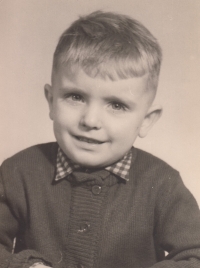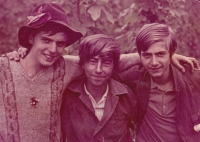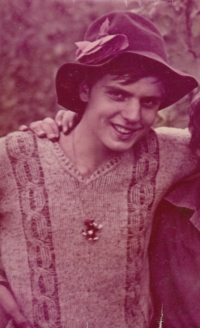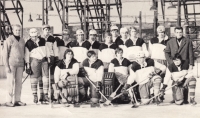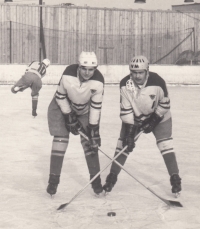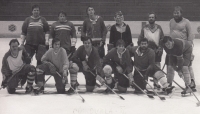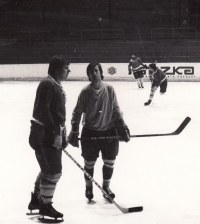The Communists forbade him to continue the family tradition. But he did not give up mining
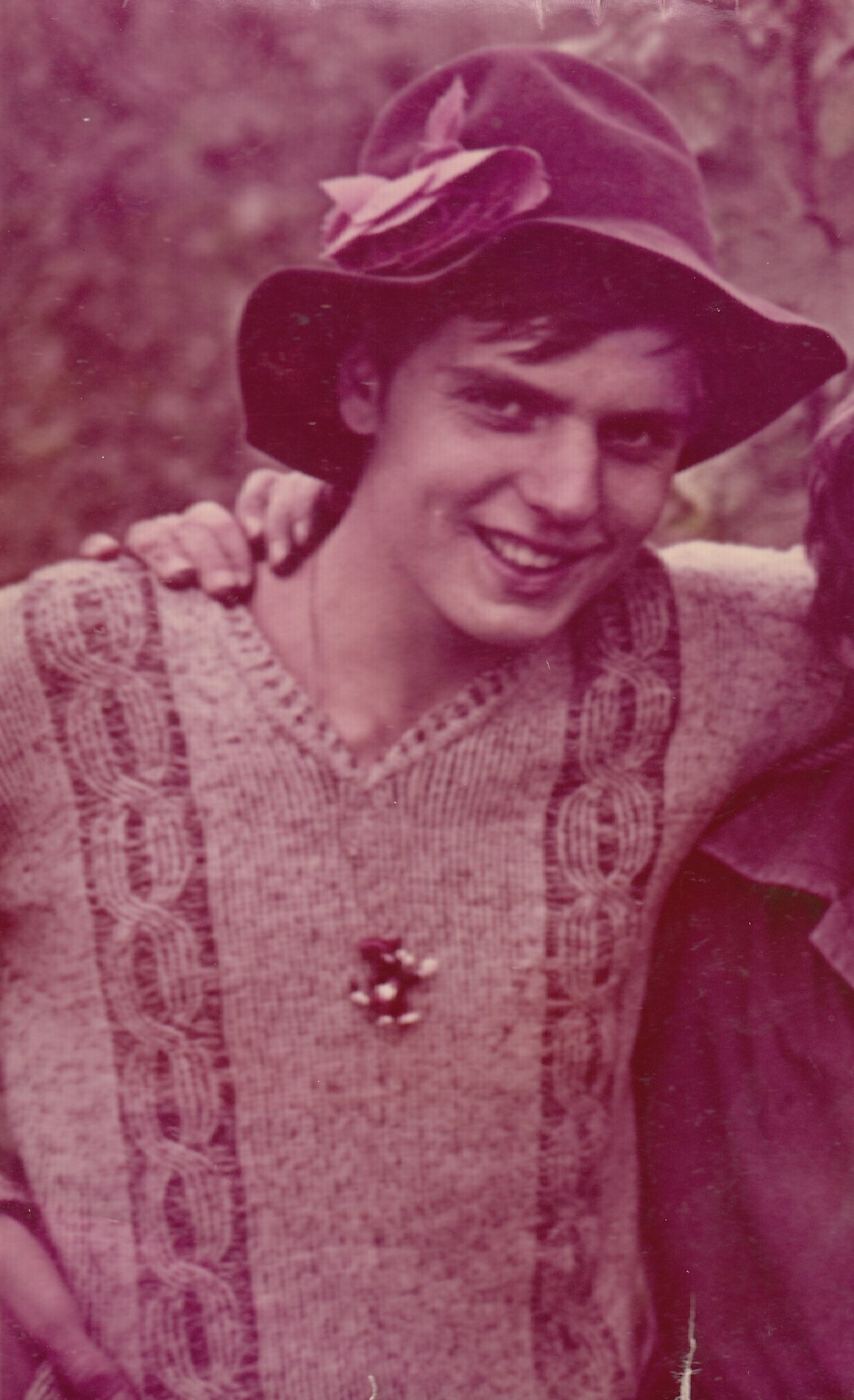
Download image
Jaroslav Jiskra was born on December 16, 1952. His father and grandfather worked as mining engineers, after the Second World War they came from Kladno to Sokolov for work. His father Jaroslav Jiskra Sr. founded his family there. He worked in management positions in various mines. During the background checks in 1971, the Communists demoted him to a lower position. The witness could not continue in his family’s footsteps and go to university, so he graduated at least from a land surveying technical school after graduating from secondary grammar school. He worked in the Sokolov mines as a mine surveyor from 1975, eventually working his way up to chief dispatcher. In 1987, he could start studying mining engineering. After the Velvet Revolution, he worked in the general directorate of Sokolovská uhelná. He also continued his academic career, earned a doctorate, lectured and published professional texts. He also promoted the mining traditions and history of the Sokolov region as an author of historical and fiction books. In 2023 he lived in Sokolov.

